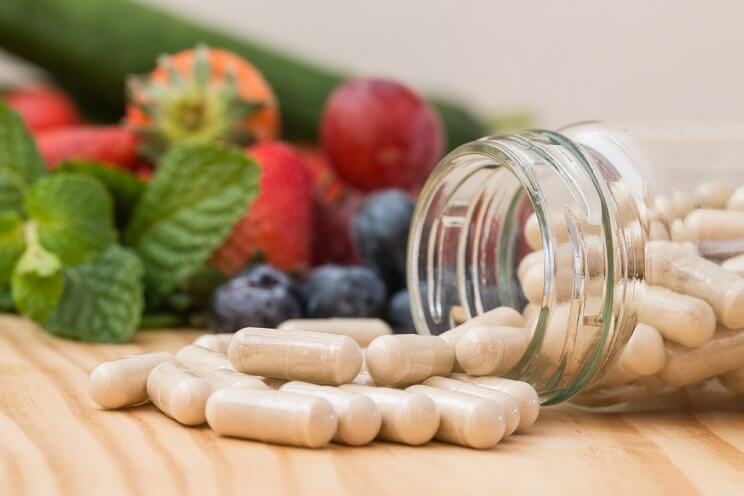We’ve all heard the term “probiotics,” but how many of us really understand what it means? Continue reading for a step-by-step instruction. probioticseverything.comprobiotic reviews
What are probiotics, exactly?
Probiotics are living microorganisms found in meals and supplements that are thought to improve gut health. All sorts of “healthy” bacteria live in our intestines. It is feasible to boost your gut health by taking probiotics that contain these beneficial microorganisms. Lactic acid bacteria (LAB) or bifidobacteria are the most common bacteria found in probiotics. Lactic acid bacteria are found in fermented foods such as yoghurt. probioticseverything.comprobiotic reviews
What are some good probiotic sources?
Yogurt and yoghurt drinks are the most widely available probiotic-containing goods in the shop. These are popular because they are simple to implement into your daily routine. Fresh fruit and yoghurt make a delicious breakfast, dessert, or afternoon snack. probioticseverything.comprobiotic reviews
Various other foods
Probiotics can be found in a variety of fermented foods, which are foods that have been laced with bacteria. Simply including these foods in your diet may aid in the growth of beneficial bacteria in your gut:
Kefir is a milk drink that has been fermented.
Tempeh is a soybean food that has been fermented.
Kimchi is a condiment made from salted and fermented vegetables, usually radish or cabbage.
Kombucha is a black or green tea that has been fermented.
Miso (fermented soybeans) is a Japanese spice.
Natto is made from fermented soybeans.
Sauerkraut is cabbage that has been fermented.
Probiotics can also be found in soft and/or aged cheese, as well as green olives. probioticseverything.comprobiotic reviews
What are the advantages of taking probiotics?
Probiotics are thought to have a variety of health benefits. It’s thought that eating probiotics can help restore normal gut health if you’ve been sick or had a treatment that has impacted your gut.
Probiotics, for example, are recommended by the NHS to aid with irritable bowel syndrome symptoms and to reduce diarrhoea when taking antibiotics; you can learn more about this in the sections below. probioticseverything.comprobiotic reviews
Probiotics are thought to do the following things in general:
Increase the amount of “good” bacteria in your stomach (i.e., healthy organisms).
Reduce the number of “bad” microorganisms in your system.
Protect the digestive system from dangerous chemicals by strengthening it.
Reduce the amount of inflammation in the stomach probioticseverything.comprobiotic reviews
IBS and probiotics
Stomach ache and cramps, bloating, and diarrhoea or constipation are all symptoms of IBS. Alcohol, caffeine, spicy and fatty foods, as well as stress and worry, are all known to cause symptoms. probioticseverything.comprobiotic reviews
You should see your doctor if you suspect you have irritable bowel syndrome. They could recommend taking probiotics to help with the symptoms mentioned above. You may also learn about the symptoms in our symptom guide. probioticseverything.comprobiotic reviews
When taking antibiotics, it’s a good idea to take probiotics.
Antibiotics can deplete your gut’s healthy bacteria, allowing bad bacteria to flourish. Antibiotics can sometimes cause diarrhoea because of this. If you need antibiotics, your doctor may suggest taking probiotics to help you avoid stomach problems. probioticseverything.com

